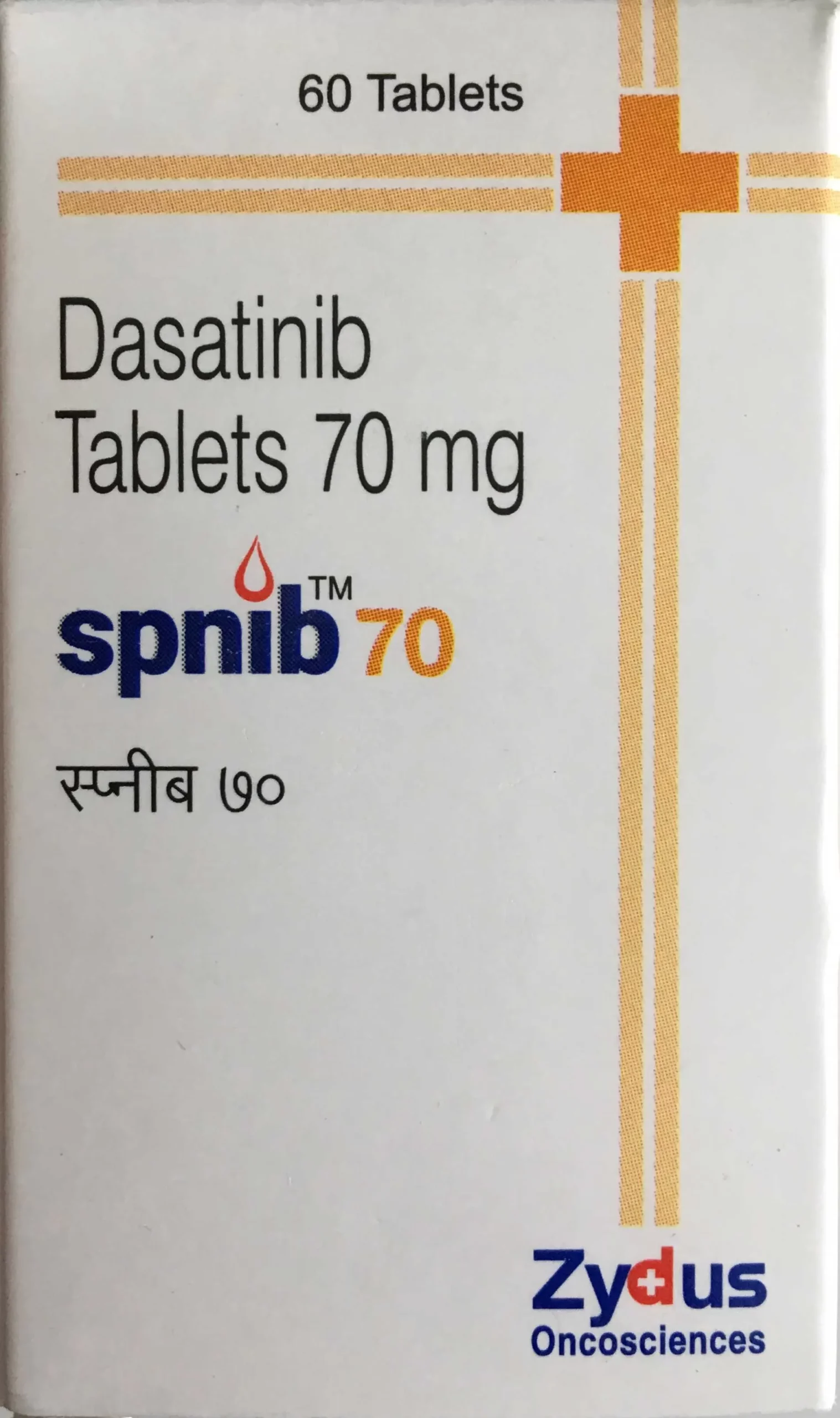Citaza is a medication used to treat acute myeloid leukemia (AML) and myelodysplastic syndrome (MDS). It is a nucleoside analog that is used to treat cancer. Here are some key points about the product:
Composition:
Citaza contains Azacitidine, a nucleoside analog that is used to treat cancer.
Indications:
Citaza is indicated for the treatment of:
- Acute myeloid leukemia (AML)
- Myelodysplastic syndrome (MDS)
Mechanism of Action:
Azacitidine works by:
- Inhibiting the synthesis of DNA and RNA
- Interfering with the normal function of nucleosides
- Inducing apoptosis (cell death) in cancer cells
Dosage and Administration: The recommended dosage of Citaza is:
- 100mg administered as an intravenous infusion over 2 hours every 8 hours for 7 days
- The dose may be adjusted based on the patient’s response to treatment and tolerability
Side Effects:
Common side effects of Citaza include:
- Nausea and vomiting
- Diarrhea
- Fatigue
- Low blood cell count (neutropenia, thrombocytopenia)
- Increased risk of infections
- Bone marrow suppression
- Gastrointestinal toxicity
Serious side effects can include:
- Pneumonia
- Hemorrhagic cystitis
- Pulmonary toxicity
- Hepatotoxicity
- Cardiotoxicity
Contraindications:
Citaza is contraindicated in patients with:
- Hypersensitivity to Azacitidine
- Severe kidney impairment
- Severe liver impairment
- Pregnancy or breastfeeding
Precautions:
- Patients with a history of cardiac disease or cardiovascular risk factors should be closely monitored while receiving Citaza.
- Patients with a history of kidney disease or liver impairment should be closely monitored while receiving Citaza.
- Patients with a history of bleeding disorders should be closely monitored while receiving Citaza.
Patient Counseling:
- Patients should be counseled on the importance of taking their medication as directed and not missing doses.
- Patients should be instructed to report any signs of nausea, vomiting, or diarrhea.
- Patients should be advised to report any changes in their appetite or weight loss.
Storage and Handling:
- Store at room temperature (20°C to 25°C) and protected from moisture.
- Do not freeze or expose to direct sunlight.
- Use within 24 hours of opening.
Please note that the dosage and administration information is based on the recommended dosage and may vary depending on individual patient needs and circumstances.




Reviews
There are no reviews yet.